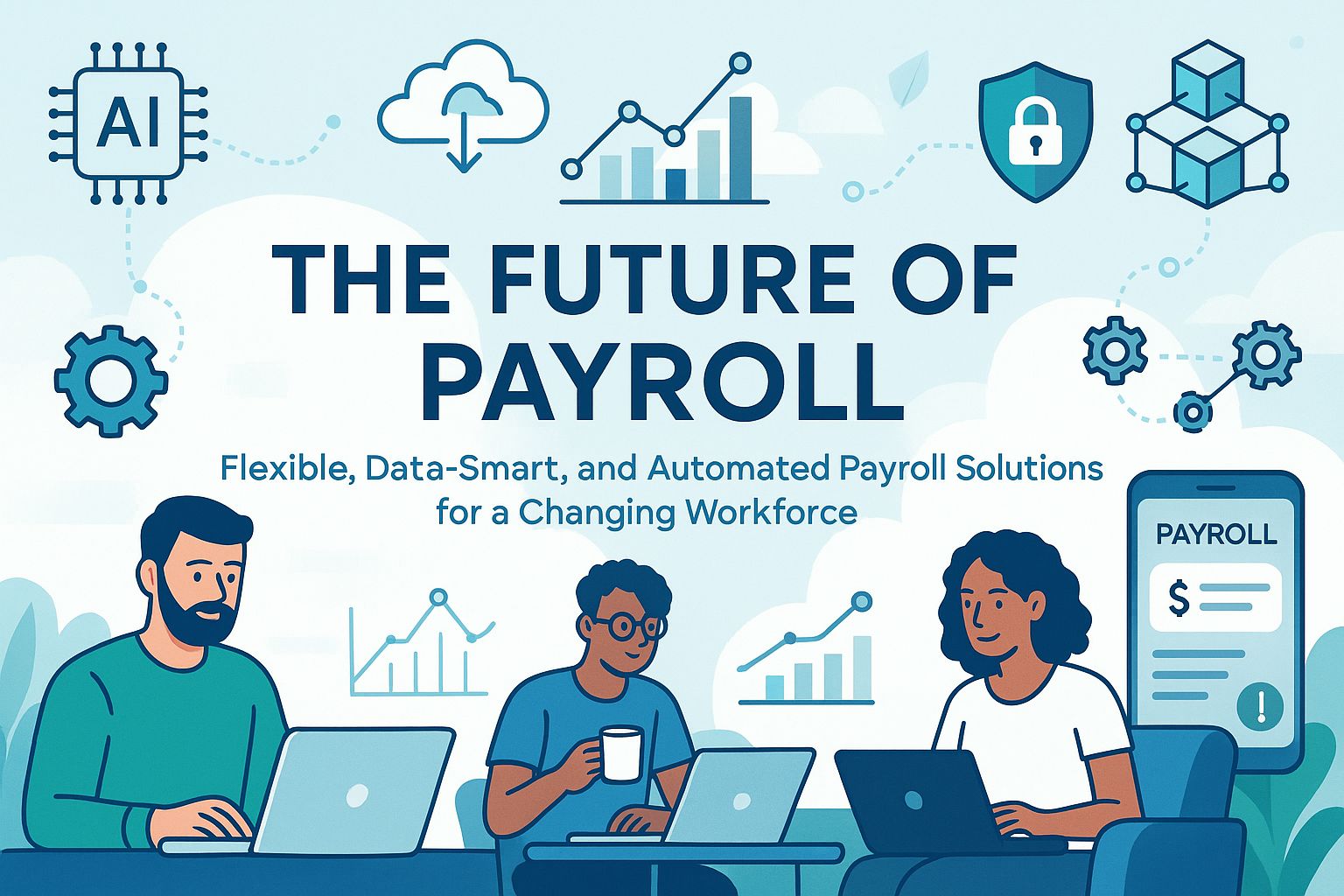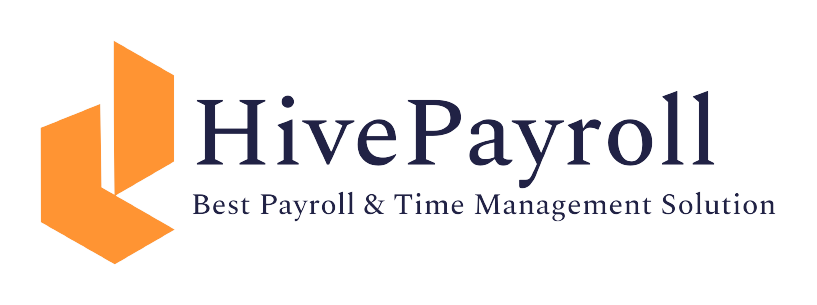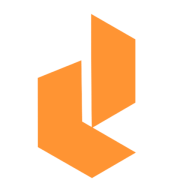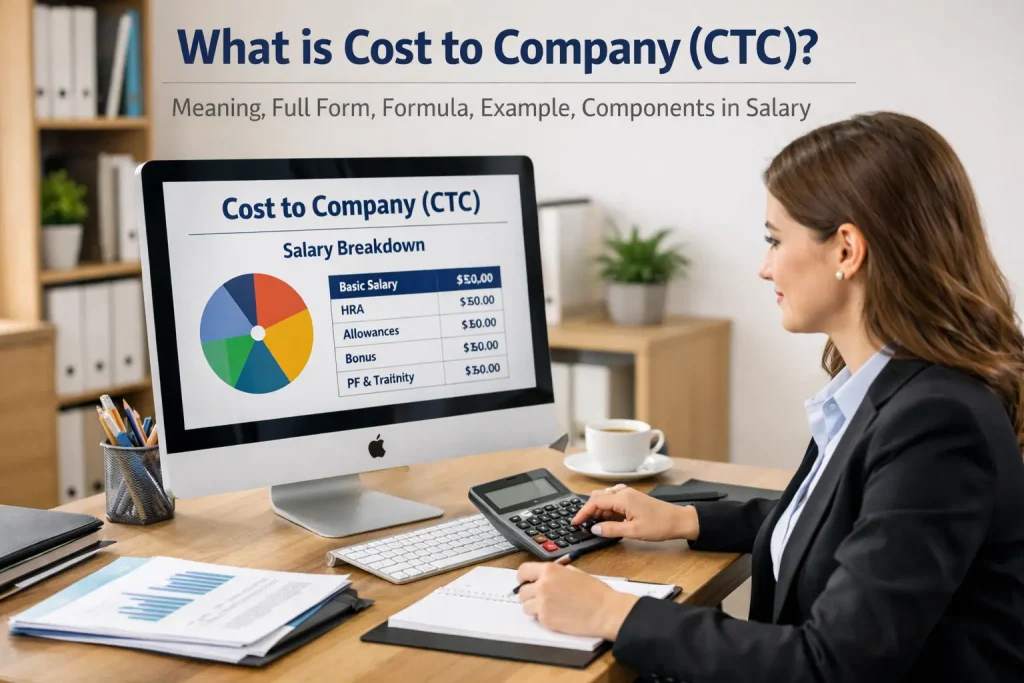The Future of Payroll: (AI) and Automation, Flexible, Real-time Monitoring

What’s the Future of Payroll?
Payroll is more than just getting paid—it’s about making work life easier, smoother, and more satisfying. Here’s how payroll is changing for the better:
1. Giving Employees More Access and Flexibility
Payroll mistakes and delays can be frustrating and hurt job satisfaction. Today’s payroll platforms are designed to fix these problems and make employees feel supported.
With cloud-based systems, employees can use self-service tools on their phones or computers to check payslips, update details, or submit requests without having to wait for someone in HR. This not only helps employees feel more in control but also reduces the workload on payroll teams.
New features like Earned Wage Access let employees get part of their salary when they need it, instead of waiting for payday. In the near future, conversational AI will help answer questions about pay, deductions, and benefits—making payroll more transparent and easier to understand.
2. Helping Managers Make Smarter Decisions with Data
Old payroll systems often make it hard to get insights or reports, leaving managers guessing. Modern platforms change that by offering easy-to-read dashboards that show payroll details, trends, and patterns at a glance.
Managers can quickly access reports and share information across departments without always needing help from payroll staff. Integrations with other software, like accounting tools, help businesses work smarter and make decisions faster—keeping everything connected and efficient.
3. Making Payroll Management Easier and Automated
Managing payroll manually is stressful, and many payroll teams feel overwhelmed. Cloud payroll platforms take that pressure off by allowing remote management—so leaders can handle payroll tasks from anywhere, even while traveling.
These platforms also keep track of changes in tax laws or employee rules automatically, ensuring compliance without delays. Routine tasks like calculating bonuses, taxes, and deductions are handled by the system, reducing mistakes and saving time. With these tools, payroll becomes smoother and less of a headache.
4. Why Cloud-Native Payroll is the Way Forward
All these benefits are possible because of cloud-native payroll platforms. These systems are maintained by experts, secure, and available at lower costs than traditional payroll software. Every company gets its own secure version, with updates and improvements handled in the background.
Cloud payroll isn’t just a trend—it’s the future. It helps employees feel empowered, managers stay informed, and businesses stay compliant and efficient. As payroll continues to evolve, cloud platforms are leading the way.
Technology is Making Payroll Smarter
- AI and automation are helping: Repetitive tasks like entering data, calculating taxes, or checking compliance are being handled by smart systems. This means fewer mistakes and less work for HR teams. AI can even spot fraud and help predict future costs.
- Cloud technology keeps everything connected: Payroll software now works from anywhere. Whether you’re working from home or traveling, you can access real-time updates securely.
- Everything’s connected: Payroll isn’t working alone anymore. It’s integrated with HR, benefits, and time-tracking tools. This creates a seamless experience where all employee information is in one place.
- Blockchain is improving security and payments: By keeping records safe and transparent, blockchain helps prevent fraud and reduces fees for international payments.
Employees Want More Flexibility and Support
- On-demand pay helps manage finances: Instead of waiting for a monthly paycheck, employees can access part of their earnings as they go. This helps reduce financial stress.
- Financial wellness is a priority: Many companies are adding tools like savings plans and budgeting help to support their employees’ financial health.
- Self-service portals give control: Employees can easily access pay slips, tax forms, and benefits using mobile-friendly apps. It’s faster, clearer, and makes them feel more empowered.
- Payroll supports diverse work models: Freelancers, gig workers, and remote employees all need flexible payroll solutions that suit their unique needs.
Compliance and Security are More Important Than Ever
- Real-time compliance keeps companies on track: Smart systems monitor changing laws and tax rules across regions, helping businesses stay compliant and avoid penalties.
- Protecting employee data is a top priority: With risks like cyberattacks, payroll systems now use encryption, multi-factor authentication, and constant monitoring to keep information safe.
- Pay transparency builds trust: More laws require companies to be open about compensation. Modern payroll systems help track pay fairly and communicate policies clearly.
- Outsourcing is a smart solution: Many businesses are partnering with experts to handle payroll complexities, freeing up their teams to focus on what matters most.
Recommended Reads for You
Frequently Asked Questions (FAQs)
Technology will be central to the future of payroll, driven by Artificial Intelligence (AI), automation, and cloud-based systems. Manual, time-intensive processes like data entry and calculations will be automated, drastically reducing human error and freeing up HR professionals for more strategic tasks.
Cloud-based systems offer significant benefits, including real-time access to data from anywhere, enhanced security through encryption and multi-factor authentication, and scalability to support growing businesses. They also enable seamless integration with other Human Resources Management (HRM) tools for a unified data source.
AI and automation will enhance payroll by improving accuracy, efficiency, and compliance. AI-powered systems can detect fraud, predict future payroll expenses, and monitor and apply regulatory changes in real-time, reducing the risk of costly penalties. Chatbots will also provide instant answers to employee payroll questions, further streamlining processes.
Flexible pay, or earned wage access (EWA), allows employees to access a portion of their wages as they earn them, rather than waiting for the traditional bi-weekly or monthly payday. This helps improve employee financial well-being and satisfaction by providing immediate access to funds when needed.
The future of payroll will accommodate diverse work models by adapting to flexible payment structures and handling multiple classifications of workers, including freelancers and contractors. Cloud-based platforms are also designed to manage multi-jurisdictional payroll, ensuring compliance across different tax systems and labor laws for remote and international employees.
Blockchain technology holds potential for transforming cross-border payments by creating a transparent and immutable ledger of transactions. This can enhance security against fraud and may lead to reduced transfer fees for international employees.
As payroll systems handle sensitive employee information, data security will be a top priority. Future systems will incorporate advanced security features like encryption, multi-factor authentication, and AI-driven fraud detection to protect against cyber threats and unauthorized access.
AI-powered systems will automatically track and apply changes to labor laws, tax codes, and regulations in real-time across various jurisdictions. This is critical for minimizing compliance risks and avoiding penalties, especially for companies with a global workforce.
Employees will have more control through user-friendly, mobile-first self-service portals. These platforms will allow them to access pay stubs, tax documents, and benefits information independently, increasing transparency and reducing the administrative burden on HR teams.
Payroll will evolve from a reactive administrative task into a strategic business function. Integrating with broader HCM and ERP platforms, payroll data can be used for financial forecasting, workforce planning, and monitoring employee well-being. It will become a tool for aligning workforce operations with broader organizational goals.









